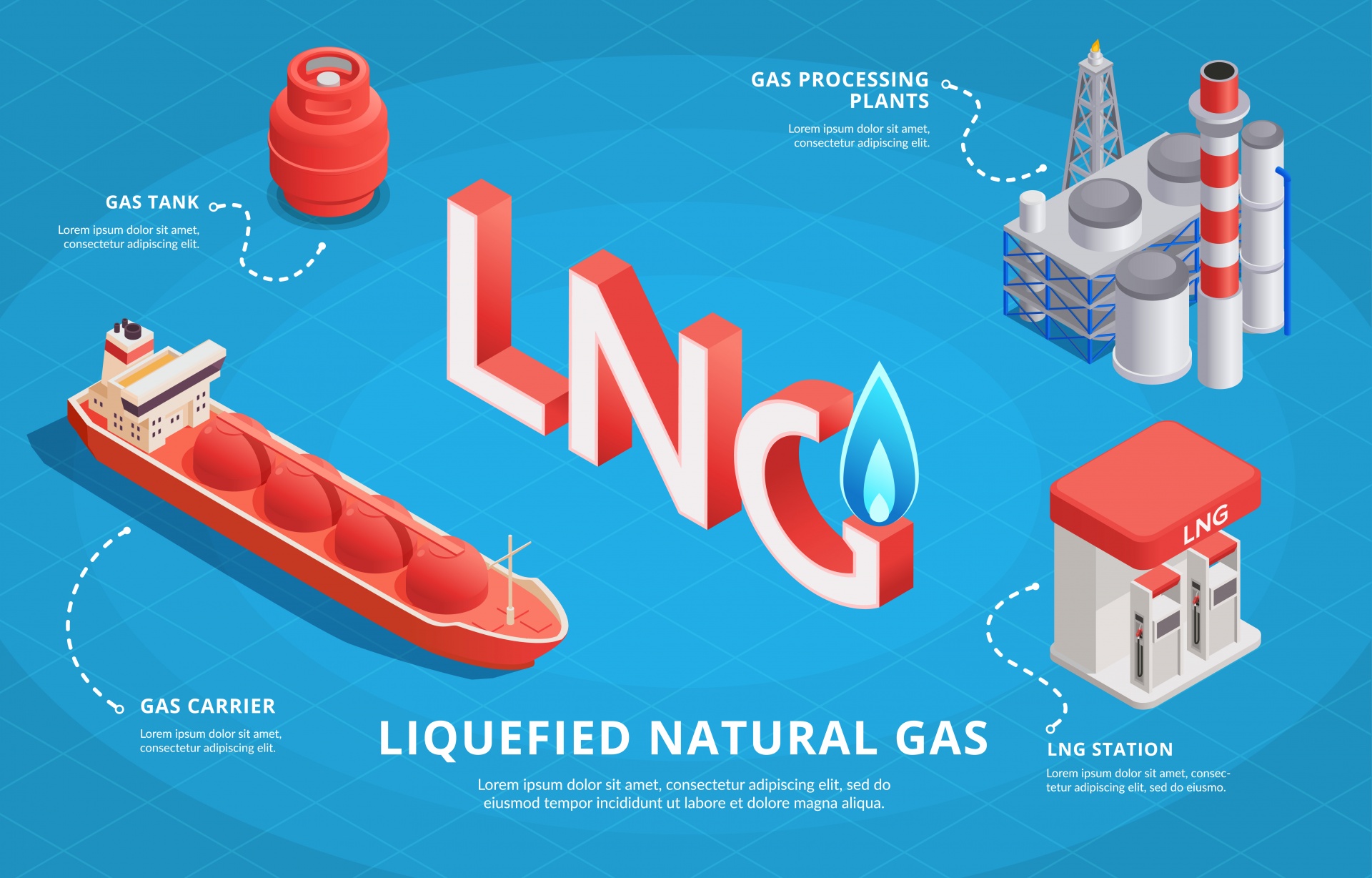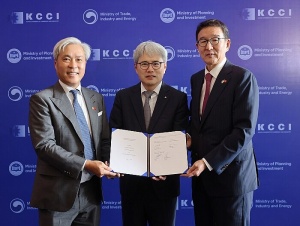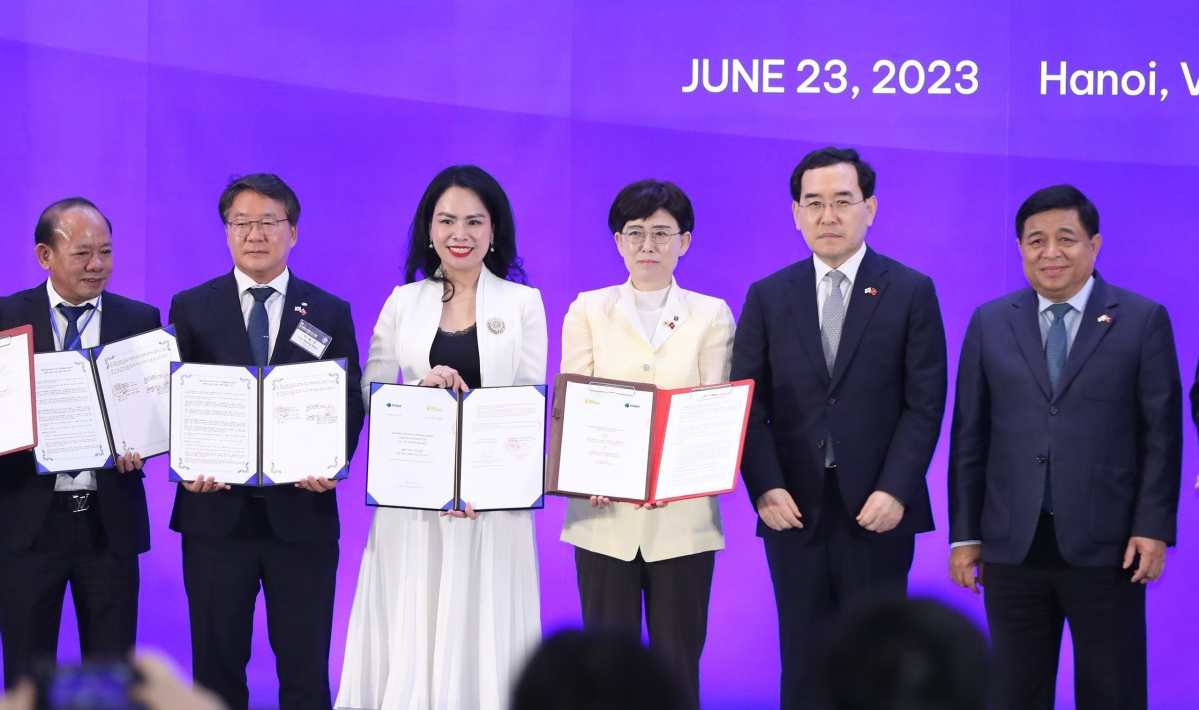Vietnam’s LNG power projects face regulatory hurdles despite high hopes
 |
As of the end of June, Nhon Trach 3 and 4 LNG Power Project has shown no progress in its power purchase agreement (PPA) negotiations, as compared to its status that was shared in mid-May at the Vietnam Clean Energy Forum.
Stakeholders involved in the PPA negotiations cite the absence of a government-issued power pricing framework for the LNG power plant as the main obstacle to finalising negotiations.
An energy price negotiation expert explained, "Finding agreement on gas power plant PPAs has been a protracted process in the past. The Ministry of Industry and Trade issued Circular No.57/2014/TT-BCT in 2014 to govern the methodology and procedures for constructing and issuing power pricing frameworks, but since then, no new gas power projects have been implemented, hence no pricing framework for this type of power generation has been introduced by the relevant state regulatory bodies."
In contrast to the stagnant PPA negotiations, Nhon Trach 3 and 4 LNG Power Project has progressed substantially on the ground. This advancement was facilitated by Circular No.02/2023/TT-BCT, which eliminated the requirement for a signed PPA before the start of construction. Therefore, even amidst PPA negotiation difficulties, the project has been able to commence work on several fronts.
However, not all LNG power projects have the fortitude to proceed under such circumstances. For instance, the Bac Lieu project, granted an investment certificate in January 2020, and the Quang Ninh project, which initiated investment work in October 2021, have yet to fully materialise on the ground. Other projects like the Hai Lang and Long An I and II LNG power projects also face similar challenges.
Nguyen Binh, an energy project consultant, pointed out that a significant hurdle to actual project implementation is securing annual electricity production commitments from Electricity of Vietnam (EVN) and ensuring annual gas volume guarantees.
Some LNG power projects have been held up by these issues. The Vietnamese government considers these as business production agreements, the Ministry of Industry and Trade recommends reporting to higher authorities, and EVN claims insufficient authority to make decisions.
However, the commitment to annual power output and gas consumption is crucial, serving as the basis for financial institutions to consider credit sponsorship for projects, and for the project teams to secure cheap LNG through long-term contracts – resulting in lower electricity prices.
The price of electricity remains an unresolved hurdle.
The high cost of LNG power generation, primarily due to dependence on imported raw materials, remains a major barrier. Without a clear power pricing framework for LNG projects, it is hard to determine a reasonable negotiation benchmark.
A PPA negotiation expert stated, "The biggest obstacle for LNG power plants is the high cost, as input materials for electricity production depend on imports. Therefore, the plants need to operate at base load to get a better price that is more acceptable. However, without a power pricing framework for these power projects, it is unclear how much it is reasonable to negotiate."
"If only considering the global LNG prices, which at times reach up to $30 per million BTU, the price of electricity from LNG power sources would be much higher than the retail price at which EVN sells it to the public. EVN's financial regulatory bodies are unlikely to accept this, so it cannot make this purchase decision," they continued.
A representative of PV Power Corporation, the investor in Nhon Trach 3 and 4 Power Project, shared that under the current regulations and operating mechanisms of the electricity market, there is no specific mechanism to encourage investment in the stable operation of the power grid for LNG power projects. Additionally, the annual electricity purchase volume for LNG power plants has not been regulated, creating a lack of consensus with the electricity buyer, EVN.
A clearer glimpse into these issues can be gained from the experience of the Bac Lieu project. Despite projected electricity prices of around 7 US cents per kilowatt hour, the project's investors have raised a series of concerns that require government guarantees to be addressed before the project can proceed.
These include foreign currency conversion commitments, assurances for payment obligations to EVN, compensation for damages when terminating PPAs, the LNG gas price conversion to electricity sale prices, and volume guarantees.
Binh commented, "These commitments are also aimed at ensuring project efficiency when there are no officially determined electricity prices. With projects like wind and solar power that once had attractive feed-in tariff prices, investors rushed in without needing the government to make any other commitments."
 | VinaCapital and GS Energy Partner with KEXIM in Long An LNG power plant projects Vinacapital, an asset management group in Vietnam, and GS Energy, a South Korean company, have inked an MoU with Export-Import Bank of Korea (KEXIM) to facilitate the financial development of the Long An I and II liquefied natural gas power plant projects. |
 | T&T Group, KOGAS, and SK E&S forge collaboration on LNG and hydrogen projects A partnership between T&T Group, Korea Gas Corporation (KOGAS), and SK E&S is paving the way for joint initiatives on liquefied natural gas (LNG) infrastructure, nationwide supply chains, and hydrogen production, contributing to Vietnam's energy transition and sustainable development goals. |
What the stars mean:
★ Poor ★ ★ Promising ★★★ Good ★★★★ Very good ★★★★★ Exceptional
Related Contents
Latest News
More News
- $100 million initiative launched to protect forests and boost rural incomes (January 30, 2026 | 15:18)
- Trung Nam-Sideros River consortium wins bid for LNG venture (January 30, 2026 | 11:16)
- Vietnam moves towards market-based fuel management with E10 rollout (January 30, 2026 | 11:10)
- Envision Energy, REE Group partner on 128MW wind projects (January 30, 2026 | 10:58)
- Vingroup consults on carbon credits for electric vehicle charging network (January 28, 2026 | 11:04)
- Bac Ai Pumped Storage Hydropower Plant to enter peak construction phase (January 27, 2026 | 08:00)
- ASEAN could scale up sustainable aviation fuel by 2050 (January 24, 2026 | 10:19)
- 64,000 hectares of sea allocated for offshore wind surveys (January 22, 2026 | 20:23)
- EVN secures financing for Quang Trach II LNG power plant (January 17, 2026 | 15:55)
- PC1 teams up with DENZAI on regional wind projects (January 16, 2026 | 21:18)

 Tag:
Tag:




















 Mobile Version
Mobile Version